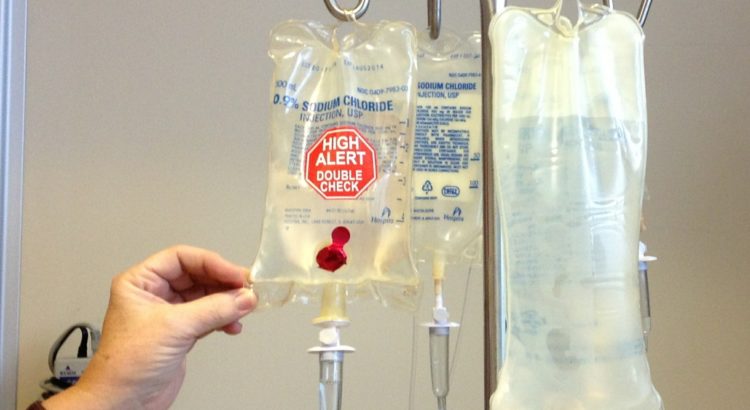We receive many questions about the cost of spaying or neutering a pet. Families deciding where to go for these surgeries have a lot of information to process! Every owner worries for their pet’s safety but also has to manage costs.
It’s important to us at Lake Orion Veterinary Hospital that your pet gets the best care possible—even if it’s not at our hospital. Remember that veterinarians are trained surgical professionals whether they work at a low-cost clinic or a specialty practice. The variance in cost is due to facilities, materials, medications, and support staff.
Ask these questions when weighing cost and value:
- Does the cost quoted include pre-anesthetic bloodwork? One way to lower costs is to forego these tests. Ask what the clinic recommends. Bloodwork can identify organ abnormalities that make anesthesia unsafe. If your pet is older than six years, we recommend this precaution.
- What level of monitoring will the clinic offer while your pet is anesthetized? During surgery at Lake Orion Veterinary Hospital, a technician watches your pet’s heart rate, heart rhythm, oxygen level, blood pressure, and body temperature. Clinics are not required to watch these systems, and many omit blood pressure, temperature, or all monitoring.
- Where do pets recover? Is the recovery ward heated? Will they be alone when they wake? Will staff comfort them as they recover or leave them alone with other animals?
- Does the clinic have time and resources to offer aftercare, or will you need to visit your regular veterinarian? Will the doctor give a recheck appointment? Will they remove stitches or staples at this appointment? Will you be charged for it?
- Will the doctor administer pain medications? Will medications be given for home care? Is this cost included in the quoted price? Surgery can cause painful bruising in addition to pain from the incision. Make sure your pet will be comfortable.
- Does the clinic use an IV catheter and fluid therapy? This service is time-consuming but important. First, it stabilizes your pet’s blood pressure during anesthesia. Second, it allows doctors to give medications that will start to work fast. Surgery is risky, but IV catheters reduce risk and make the event easier for your pet.
- How many surgeries does the clinic do daily? Since we only perform one or two procedures per day, your pet has our undivided attention during surgery and recovery. If a clinic performs more procedures, they might have less time to spend with each patient.
The most important sign of a safe surgical environment is organization. Look for a hospital where the staff is ready to talk about the procedure and discuss their cost-saving measures with honesty and integrity!
